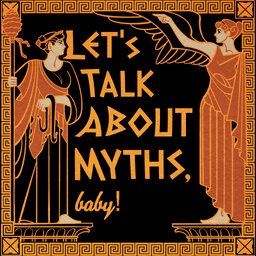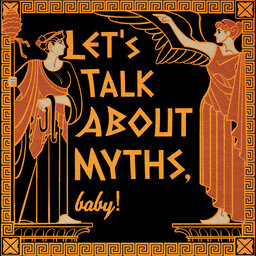Conversations: Not the Fun Kind of Myths, De-Mystifying Spartan Tradition w/ Owen Rees
Liv speaks with Owen Rees, a professor and founder of Bad Ancient, about ancient Sparta, that Mirage, and how Sparta is viewed today by some of the most dangerous groups around. Follow Owen and Bad Ancient on Twitter and find some fascinating Bad Ancient articles on Sparta here.
Help keep LTAMB going by subscribing to Liv's Patreon for bonus content!
CW/TW: far too many Greek myths involve assault. Given it's fiction, and typically involves gods and/or monsters, I'm not as deferential as I would be were I referencing the real thing.
Attributions and licensing information for music used in the podcast can be found here: mythsbaby.com/sources-attributions.
 Let's Talk About Myths, Baby! Greek & Roman Mythology Retold
Let's Talk About Myths, Baby! Greek & Roman Mythology Retold


